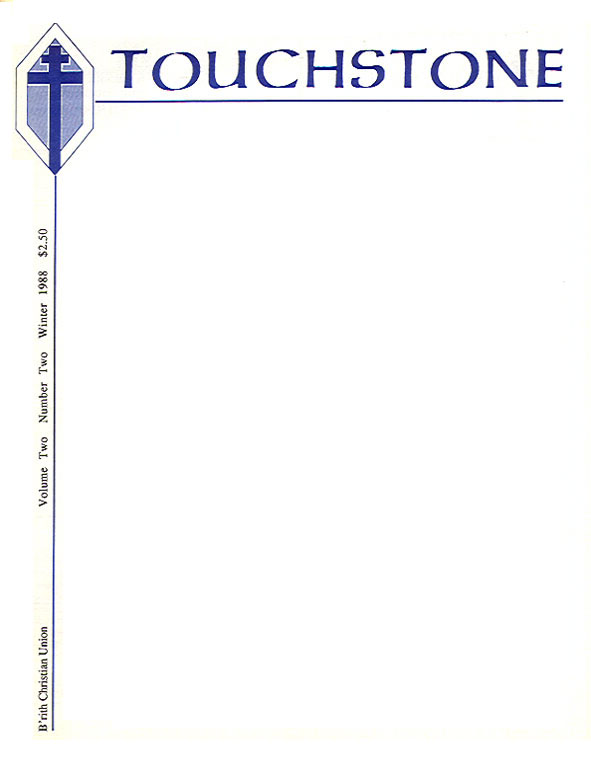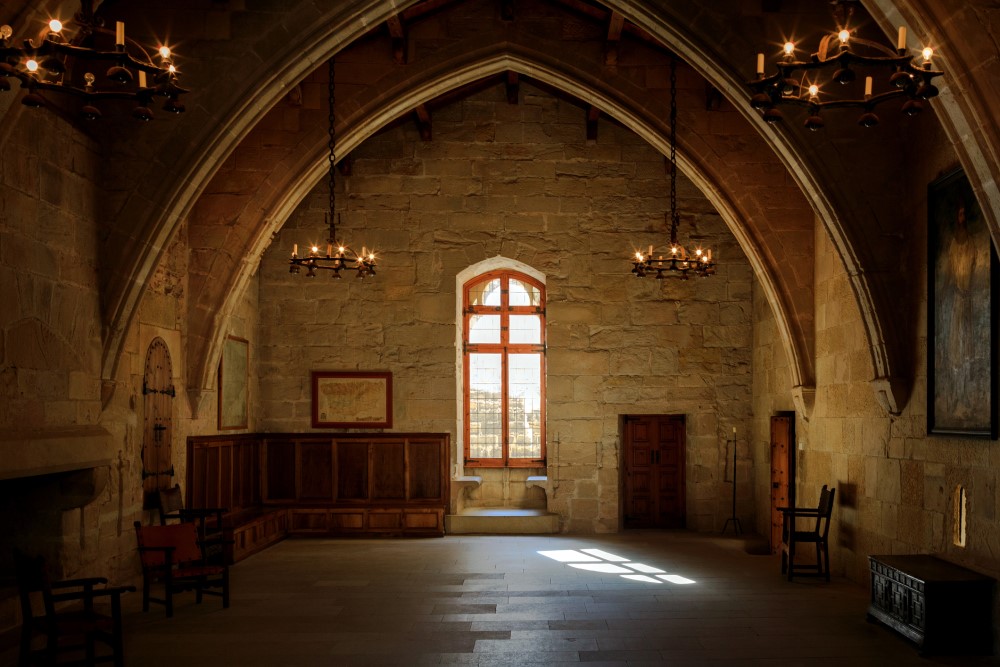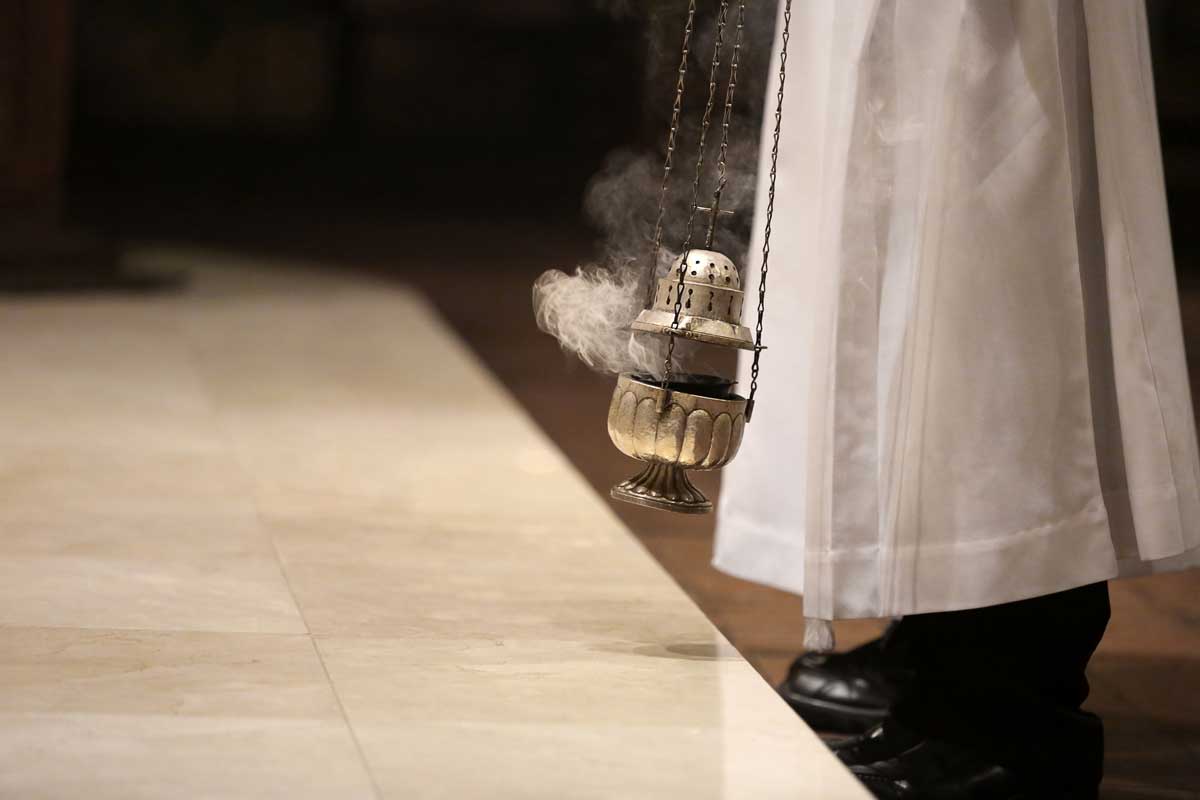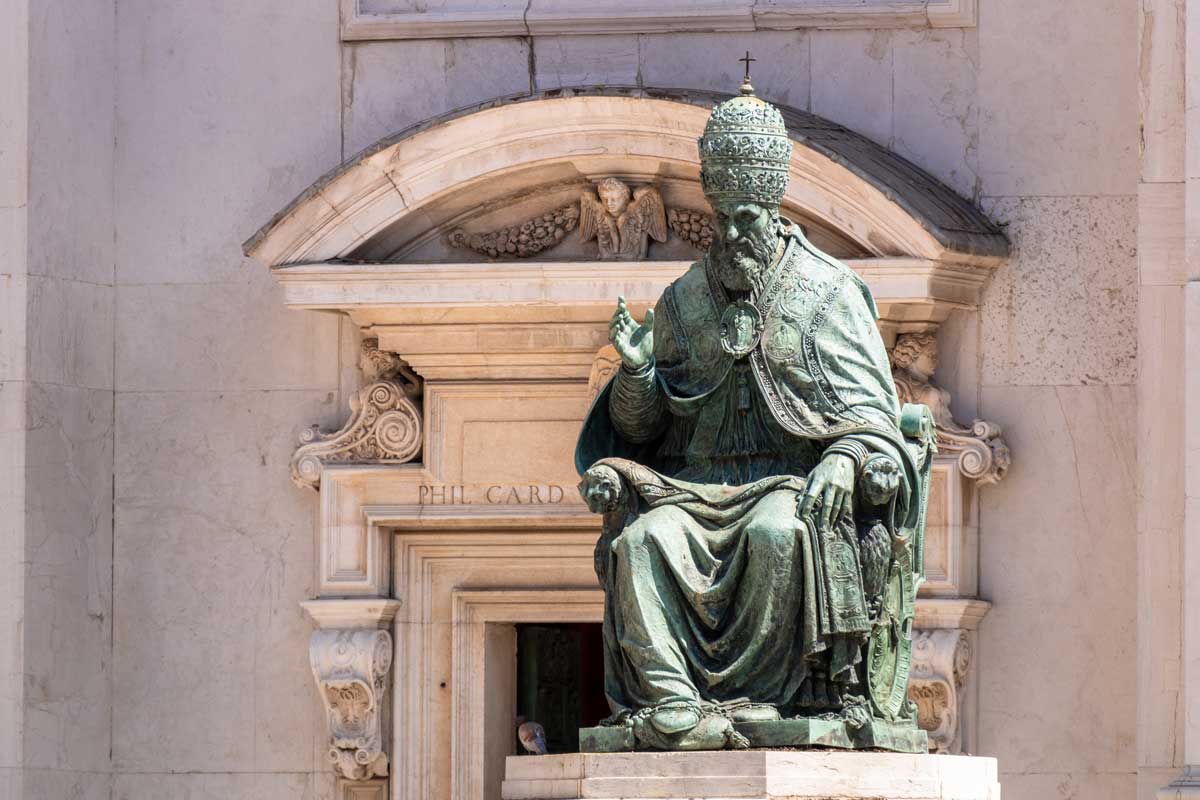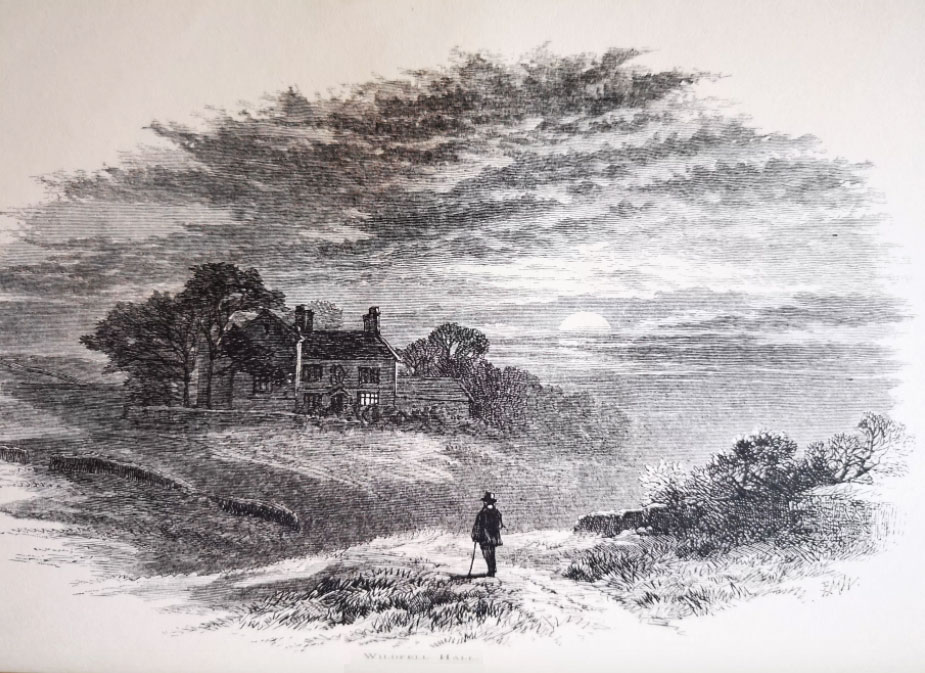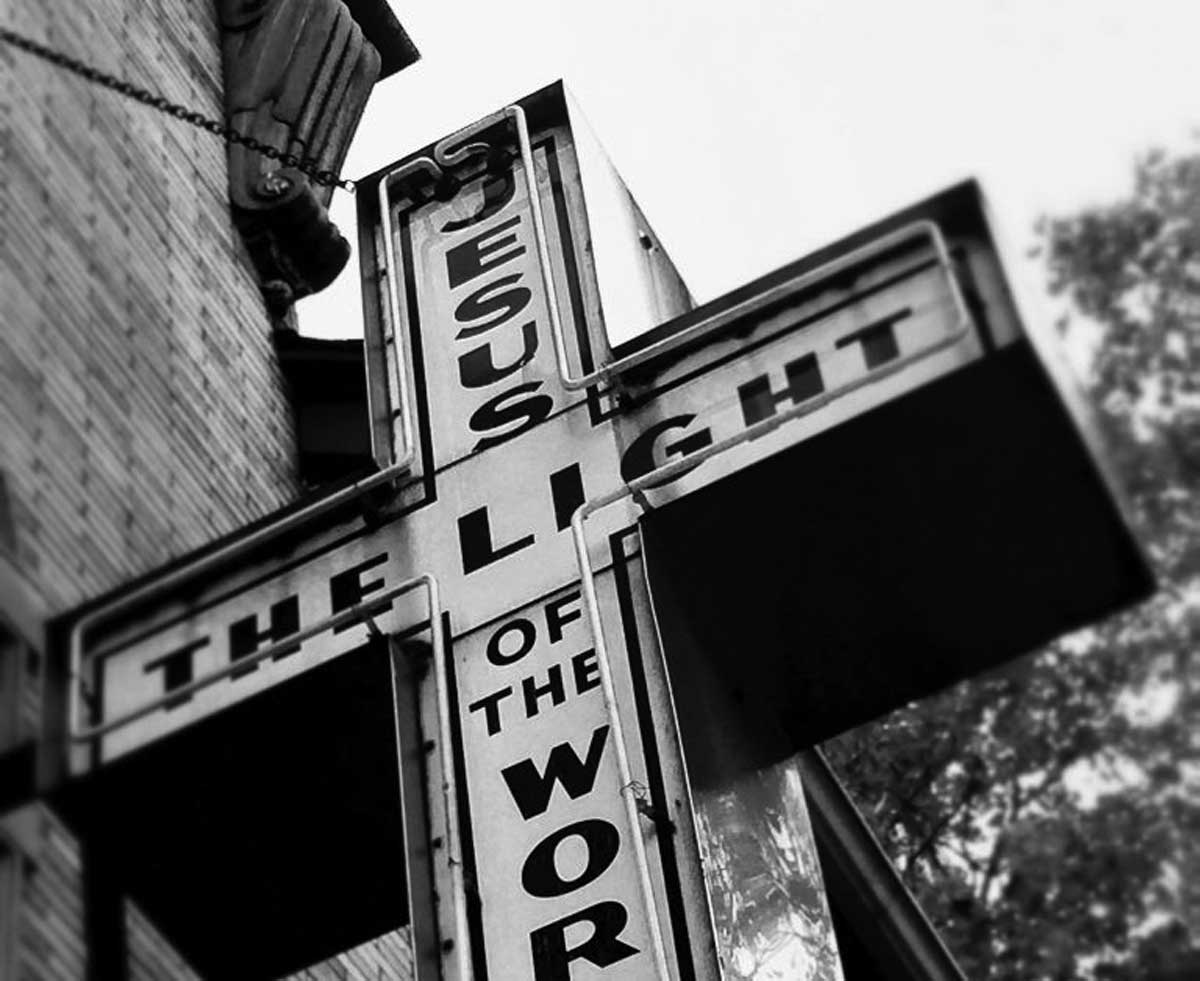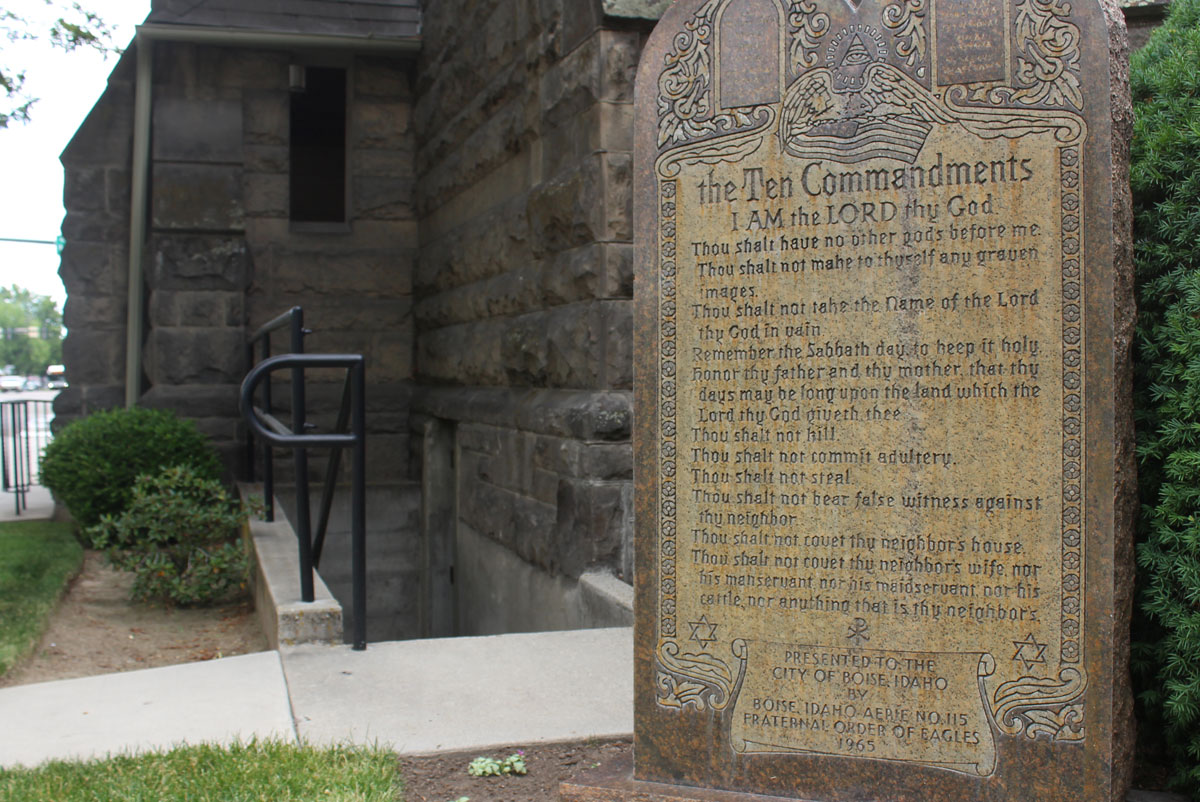The Chicago Call Ten Years Later
by Michael F. Gallo
It followed America’s so-called “Year of the Evangelical”—in May 1977 a group of forty-three Evangelical leaders and thinkers convened in an old Catholic retreat center outside Chicago to produce a call for fundamental reforms and redirection in contemporary Protestant Evangelicalism. Particularly prominent among their concerns was the need for Evangelicals to rediscover a greater continuity with historic Christianity, a fuller sense of worship and sacrament, and the importance of church unity and authority. And the tone of the Call was set by such phrases as: “we decry,” “we confess,” “we deplore,” “we suffer,” “we fail.” Like a small puff of smoke on the theological horizon, The Chicago Call betokened a type of fire, a ferment beneath the surface of an apparently prospering Evangelicalism.
The Background
It all started with the conception of Dr. Robert Webber, professor of theology at Wheaton College. Webber felt that contemporary Evangelicalism, far from being in a state of robust health, was actually weak and impoverished due largely to its insufficient rooting in the Christian tradition. Webber contacted three associates whom he thought to be of like mind: Donald Bloesch of Dubuque Theological Seminary, an Evangelical professor who taught such unlikely fare as a reconsideration of monasticism and a course on the saints; Thomas Howard, a popular professor of English at Gordon College and author of books such as Christ the Tiger; and Peter Gillquist who had left an impressive ministry with Campus Crusade to form a network of house churches, the New Covenant Apostolic Order (NCAO). These men, all of them critical of popular Evangelicalism, responded positively to Webber’s initiative. Together with a few other friends, they began to plan a conference to discuss what they considered critical Evangelical needs. An agenda emerged; invitations were sent out. (Unfortunately, prominent evangelicals outside the U.S. who were invited did not attend—people like F.F. Bruce, J.I. Packer, and John Stott). Then, on the first of May the three-day conference convened to forge a statement.
The participants had come to explore the dimensions of a perceived dilemma; they had not come to organize a new movement. Indeed, it is unlikely that they could have organized much in common at the time, since there was such a diversity of perspective among them. A number of those who represented a more traditional Evangelicalism were surprised and disturbed by the “Anglo-Catholic” element at the conference. (Webber, Howard, and Gillquist represented the “more catholic,” “high church” tendencies: Webber was already a “catholic-minded” Anglican, deeply influenced by patristic thought; Howard would eventually convert from his twenty-five year membership in the Anglican communion to Roman Catholicism; and Gillquist would lead his flock into the Eastern Orthodox Church.) Still, despite a diversity of perspective and deeply held views, a basic consensus was reached as all but one of the forty-three conferees signed the final statement. There was a common sense of addressing authentic needs for what Lane T. Dennis, President of Crossway Books and Good News Publishers, which published the Call, would call a “fuller representation of the faith.” While some saw the need for Evangelicals to return to a “catholic” concept of the Church, others, like David Wells, saw nothing of the kind. But common to all, was a repudiation of Evangelical reductionism, the gross simplifications which omit and distort elements basic to historic Christian faith and order. Eight areas of need were cited in the points of the Call. (For the text see pages 12-14.)
Shortly after the issuance of The Chicago Call, Christianity Today, the premiere periodical of American Evangelicalism, published the text. Later Newsweek brought the event to the attention of the nation at large. And still later that year, Thomas Nelson, Inc., which had sponsored the conference and for whom Peter Gillquist was a religion editor, published a follow-up book, The Orthodox Evangelicals. (They printed 5542 copies of the book, not a very long run.) After that, little more was heard of The Chicago Call. In time that small puff of smoke on the theological horizon dissipated. Yet traces of it can still be seen from time to time, as references to it continue to pop up.
The Call’s Ongoing Significance
Why does it still come up? What is its ongoing significance? The answer lies in the fact that the Call represented an unusual agenda for Evangelicals. It was truly unique in the way in which it challenged some very deeply held presuppositions. It was newsworthy simply because it represented a new kind of stirring, a new possibility in Evangelicalism. Whether widespread or limited, something had begun to stir. Witness the moves of several prominent Evangelical leaders into “high church” communions. Witness the growing demand on Evangelical campuses and seminaries for church history and the growing interest in liturgical worship. Witness the very fact that Evangelicals could come to such thoughtful self-criticism.
Assessing the Call’s Impact
Yet, how great was the actual impact of the Call? how widespread the phenomenon it represented? A good number of the original participants and several other knowledgeable observers were kind enough to offer us their evaluation of the Call now, some ten years after the event.
One thing became clear very quickly: there was not much of a direct impact on people outside of the participants themselves, outside of their own circles and ministries. The massive conglomerate that makes up Protestant Evangelicalism scarcely felt a tremor. Peter Gillquist gives perhaps the most positive assessment of the Call’s value. He believes that the Call “put Evangelical Christians on notice that it is indeed possible to be both Evangelical and historically orthodox.” In his own experience he has worked with a number of people “who were awakened to Orthodox Christianity through the Chicago Call” and joined the Evangelical Orthodox Church (EOC), which he helped to found in 1979. (In 1987, he led 2,000 of the EOC people, approximately two-thirds of the original group, into the “canonical Orthodox Church,” where they are now known as the Antiochan Evangelical Orthodox Mission.) For the EOC people the Call would naturally be a milestone in their spiritual pilgrimage. Still, this barely constitutes the proverbial drop in the bucket.
Michael F. Gallo , a graduate of Wheaton College, is a public school teacher in Chicago, Illinois.
bulk subscriptions
Order Touchstone subscriptions in bulk and save $10 per sub! Each subscription includes 6 issues of Touchstone plus full online access to touchstonemag.com—including archives, videos, and pdf downloads of recent issues for only $29.95 each! Great for churches or study groups.
Transactions will be processed on a secure server.
more on catholic from the online archives
more from the online archives
calling all readers
Please Donate
"There are magazines worth reading but few worth saving . . . Touchstone is just such a magazine."
—Alice von Hildebrand
"Here we do not concede one square millimeter of territory to falsehood, folly, contemporary sentimentality, or fashion. We speak the truth, and let God be our judge. . . . Touchstone is the one committedly Christian conservative journal."
—Anthony Esolen, Touchstone senior editor





